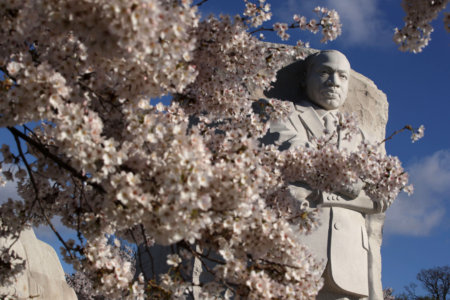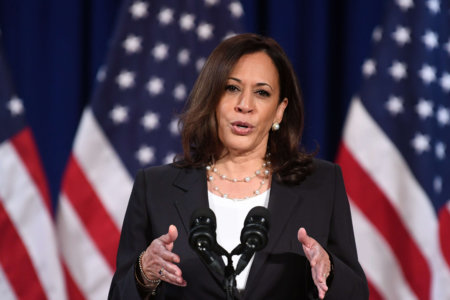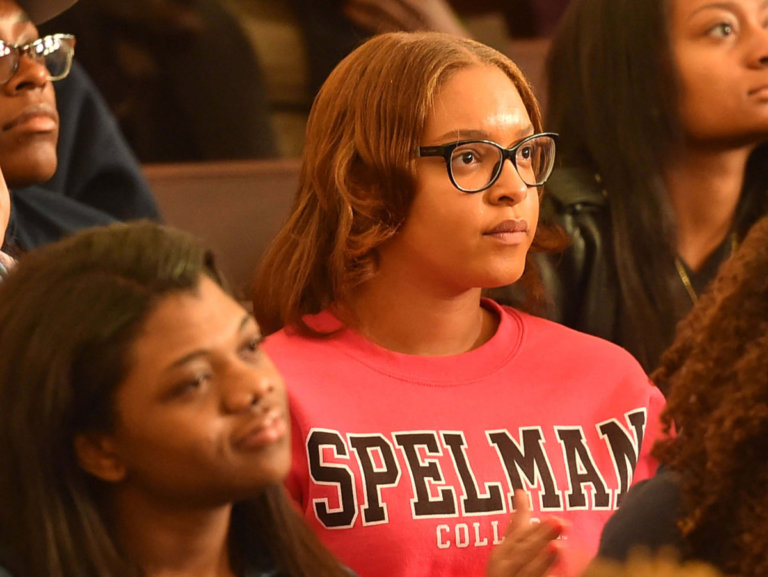
What do Martin Luther King Jr. and Kamala Harris have in common? For one, they both graduated from historically black colleges and universities (HBCU), which gave many influential African-Americans their start. As an international student from an African, Middle Eastern, or Caribbean country, you may be wondering if there’s a place for you at these institutions — and the answer is yes.
Though HBCU started out to serve black community members, today, they admit qualified students from any racial background. This is how over 100 institutions champion equality in the pursuit of knowledge in the US. Before you apply, here’s what you should know about HBCU as an international student.
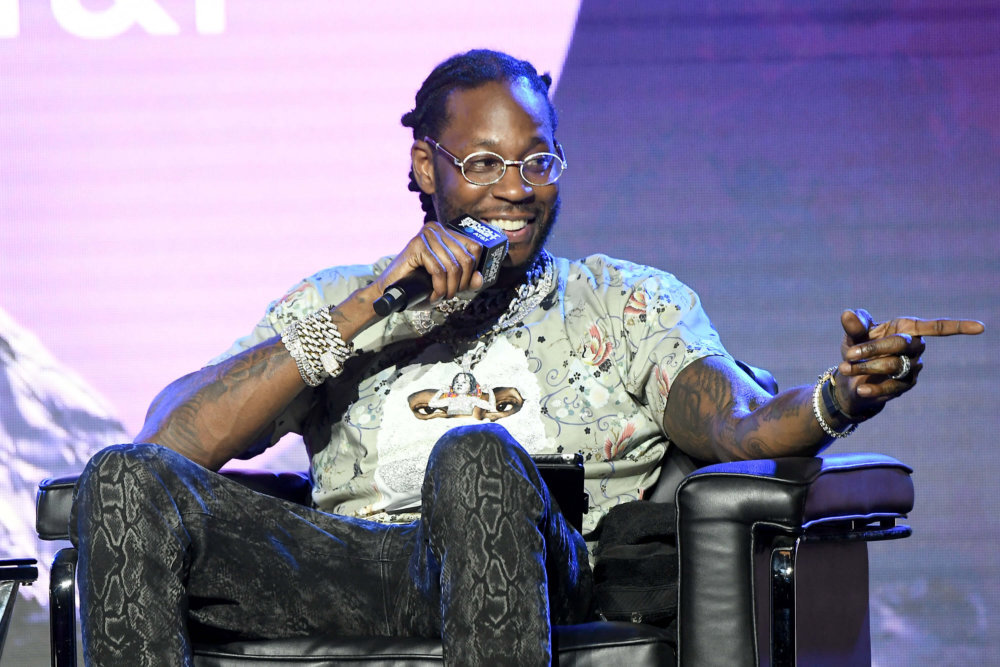
Rapper 2 Chainz is on the long list of famous HBCU alumni. Source: Paras Griffin/Getty Images for Revolt/AFP
All are welcome
These colleges and universities started out to cater to African-Americans before the Civil Rights Act of 1964, during a period of segregation and post-war recovery in the US. Special institutions had to be set up because black people could not freely enrol in university even a century after slavery ended in 1865 — and even when they could, it was too expensive for most.
By 2015, 22% of students consisted of non-black students including Hispanic, Asian, Native American, Pacific Islander, and white people. Racial diversity has become an essential value in HBCU today, building on the principle that every individual has a right to education.
You can apply to up to 60 HBCU at once
There’s a nifty way for you to simultaneously apply to over 60 historically-black institutions. It’s called the Common Black College Application, and it only costs us$20. This is a great way to interact with school counsellors and really get to know different HBCU before you choose one for the next three or four years.
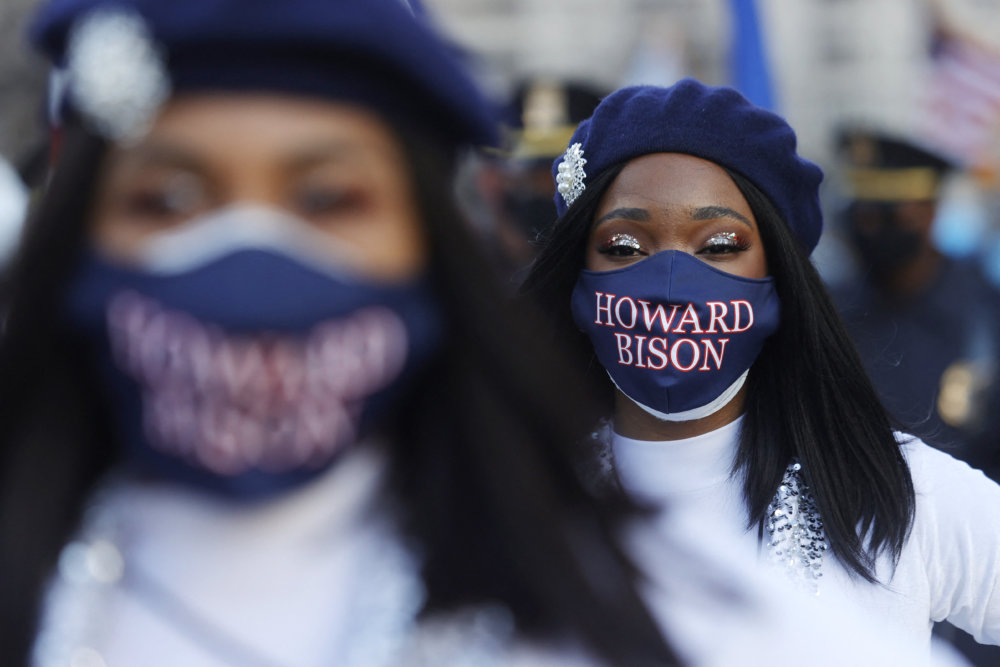
Performers from Howard University (Kamala Harris’s alma mater) prepare for the parade honouring President Joe Biden on Jan. 20, 2021, in Washington, DC. Source: Justin Sullivan/Getty Images/AFP
They are accessible and affordable
Affordability is a large part of accessibility at HBCU; there are even scholarships for deserving applicants. Make no mistake — lower fees do not compromise the quality of education being delivered. In fact, HBCU has a positive reputation in and beyond their home state. Take Fisk University, for example, which produces some of the most employable graduates in Nashville, Tennessee.
International enrolments are on the rise
At Tennessee State University (TSU), the number of international students increased to 549 in 2016, compared to 77 in 2008. This increase was primarily driven by students from Saudi Arabia, who make up 70% of TSU’s international student body, which also includes Egyptians, Kurds, and Somalis. The benefits of creating a diverse environment are not just evident to international students, but black Americans too.
“It is important to have different cultures on a campus because we can’t send all of our students to study abroad, so we find unique ways to bring the world to them,” said Jewell Winn, executive director for international programs at TSU. This growth in international enrolments can also be seen in other HBCU, including Morgan State University and Howard University. International enrolment at Morgan State tripled in three years between 2014 and 2017.








